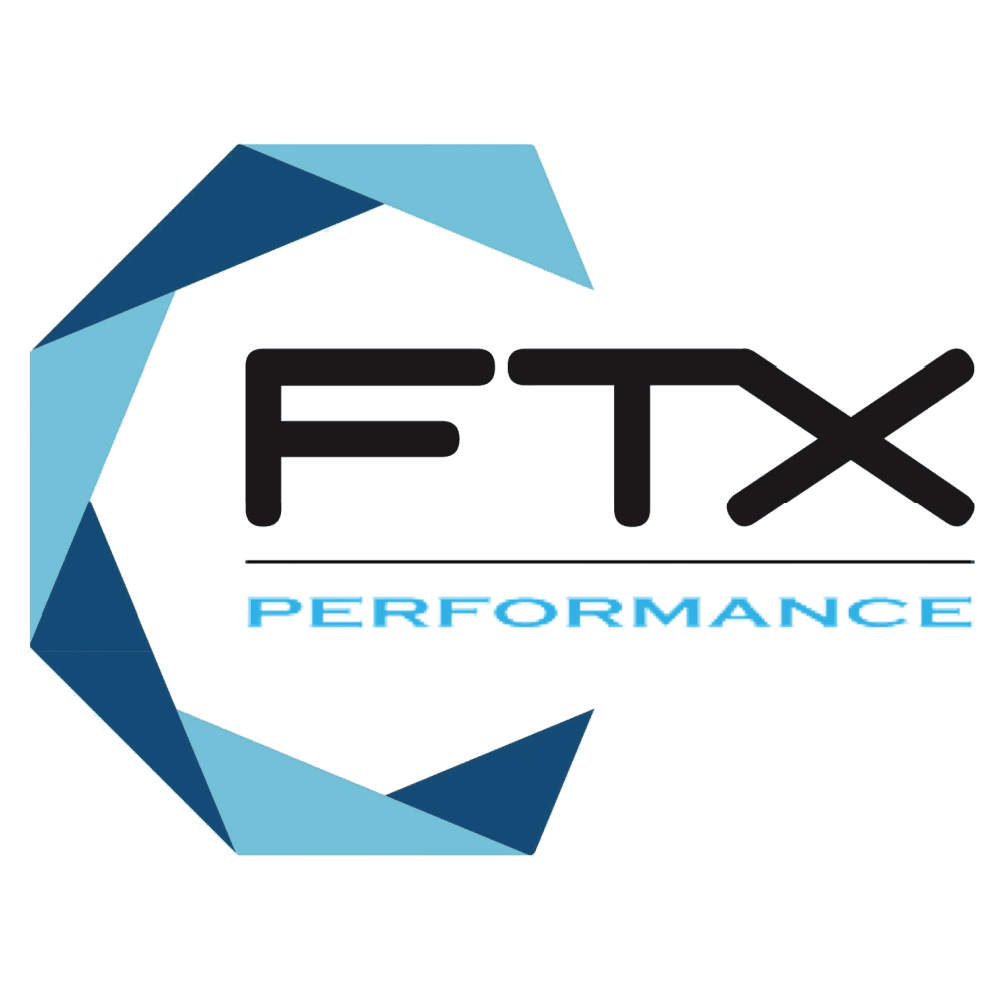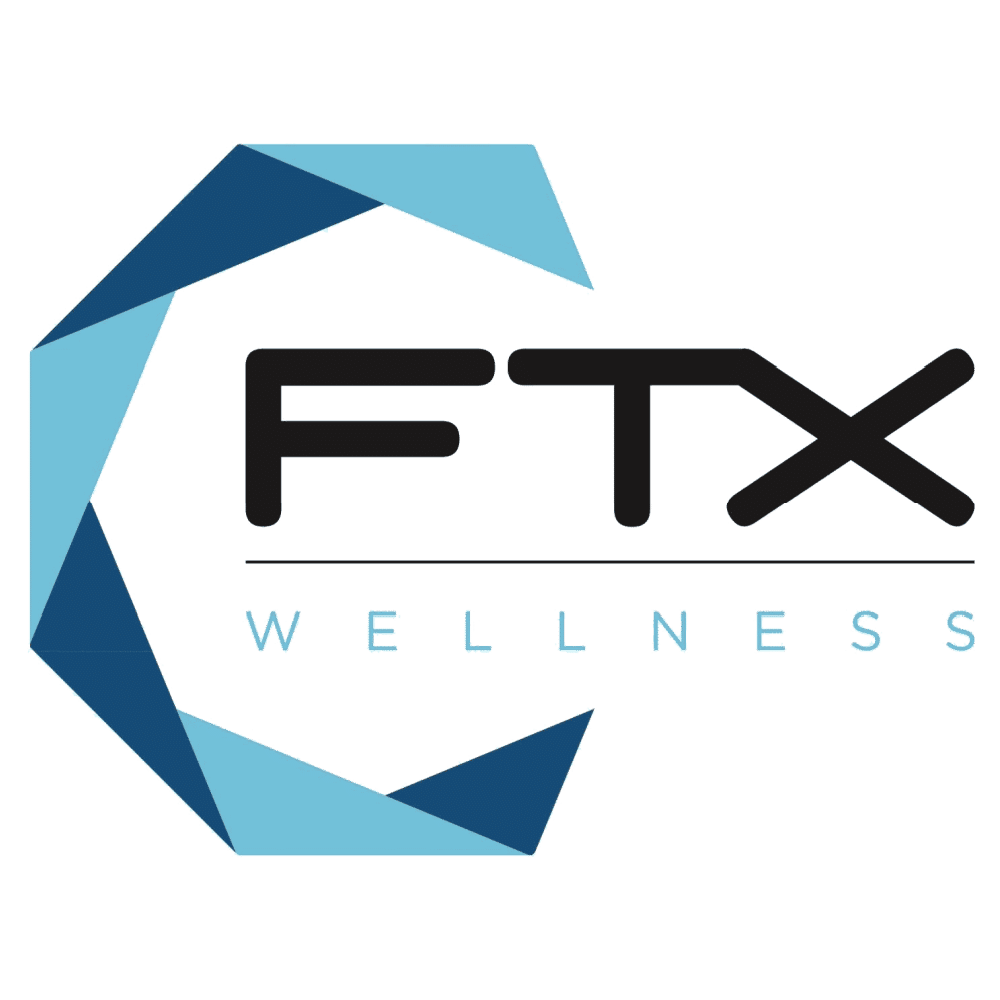There’s a popular saying that seems to have defined generation after generation of people:
You are what you eat.
The importance of nutrition has always been a constant, however, the necessity of nutrition is truly seen when the body needs it the most.
95% of our bodies’ serotonin comes from our GI tract!
Translation – food plays a huge role in guiding our emotions.
Those that struggle with any type of addiction are quite literally battling their own minds. If the mind is controlled by our guts, then our first line of defense must begin with ensuring sound nutritional decisions into our lifestyle.
Rejuvenating a sound mind, body, and spirit are the end goals in a strong addiction recovery program, but trying to attempt re-establishing those goals without a nutrition plan is pointless.
Nutrition plays a huge role in addiction recovery. Paired with physical treatment and activity, incredible healing strides can be made.
The Role of Nutrition in Addiction Recovery
Get that body back
Nope, not talking about doing a ton of calisthenics, cardio, and strength training to get the body back into fighting shape!
Although those are awesome strategies for fitness, that’s not the strongest focus during the initial phase of an addiction recovery plan.
Addiction zaps the body of all the important, necessary resources that it needs to thrive and survive.
Here are a few nutrients that addiction depletes from the body:
- Calcium
- Vitamin D
- B-vitamins
- Iron
- Omega 3’s
- Magnesium
- Vitamin K
Looking through this list, it’s easy to see that in order to get an addict back on track towards healthy living is through replenishing what has been lost.
Incorporating medical nutrition therapy into any addiction recovery plan is the best first line of defence.
Fuel the recovery fire
Food is fuel.
Simple enough, right?!
If you have ever weathered a detox program, then you know exactly how amazing the body feels and functions after the body has been cleared of the toxins and other junk that has built up inside.
Dare I say it’s the closest our bodies get to feeling superhuman strength?
Incorporating good, nutritious food into the diet is one of the pinnacles of success when it comes to addiction recovery.
Here are some basic tips to help re-fuel an addicted body:
- Drink a ton of water
- Avoid caffeine
- Start with a great breakfast (protein+fiber+healthy fats = brain booster)
- Eat nature (i.e. instead of juice, eat the actual fruit)
- Avoid sugar
- Avoid refined carbs
- Choose antioxidant-rich foods
- Eat protein
- Fill with fiber
- Choose healthy fats
- Smart snack
Avoid addictive foods
Studies show that sugar can create similar addictive effects as drugs produce.
With that kind of information, understanding the need for a focus on nutrition during addiction recovery is incredibly important.
Junk foods are some of the main culprits in spurring our brain’s dopamine levels into high gear.
If addicts are working to overcome the neurological imbalances that drugs or alcohol have impeded on their brains, junk food is a great, big no-no.
Get Clean
Helping someone navigate the struggles and obstacles that are inevitable within an addiction recovery program must begin with a focus on nutrition.
Helping those that are recovering from a drug and/or alcohol addiction is 100% feasible. Knowing where to begin that process is the first start.
Know someone that needs support during their recovery journey?
A great step is to find a wellness program or facility that can offer medical nutritional support and therapy, in addition to physical support and therapy.
Balancing a strong mind, body, and spirit can and will conquer any addiction and help rebuild a happy, healthy lifestyle.





